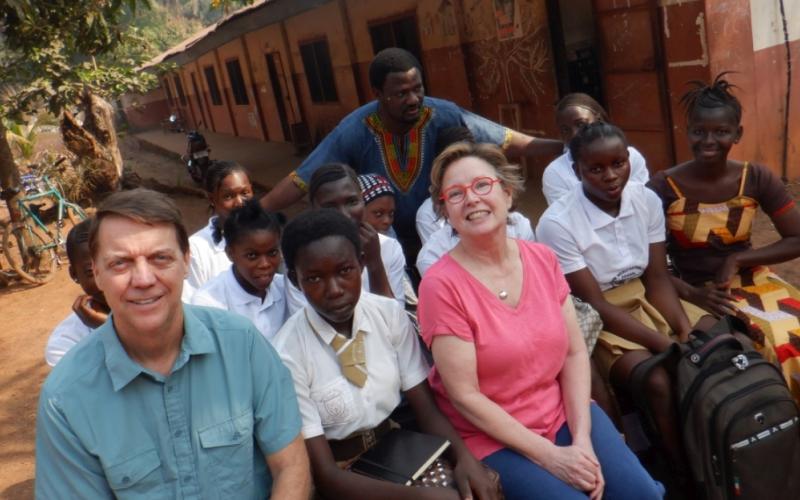
Poverty tourism promotes itself as a form of travel which aims to build solidarity and relationships between people living in impoverished areas and tourists, by visiting and, occasionally volunteering, in poverty-stricken regions. Yet in attempts to empower the community, external influences have focused predominantly on remediating or observing the immediate and obvious situation of poverty. In many cases this has resulted in reducing the community members ‘racial status’, due to the often ignorant and authoritarian attitudes of the visiting groups.
Many poverty tourism initiatives do not deliberate beforehand; this means that upon their arrival when they are greeted by a new cultural group, they are often unable to process the new cultural and economic situation. In many cases this can result in volunteers’ “reversion” to their unintentional position of privilege, since the context in which they are working is to help individual’s who are deemed “less-fortunate.” Poverty tourism initiatives have been known to degrade and simplify the “other” in order to reinforce their position of need, justify their obligation to help and recruit trip participants. More comprehensive programs which prepare their volunteers in advance, have proven to be more successful in developing cross-cultural understanding, as the poverty that is experienced is contextualized and associated with its respective causes rather than with the people themselves. This preparation results in a more empowering volunteering initiative as it does not marginalize the “beneficiaries,” reinforce racial stereotypes or cement the populations potential “inferiority complex.”
Poverty tourism initiatives often lack a stable or permanent connection with the people in the areas in which they work. In some cases people have reported that the groups have shown up unannounced. This means that they are likely unaware of the community’s needs, providing “donations” such as candy and toys, which may not be necessarily useful to the community and could potentially cause more harm than good. Candy’s a common item brought along by incoming volunteer groups, as a “treat” for the children, however what they fail to consider is that depending on the area, it is highly likely that the community members do not have access to a dentist. Furthermore, the treats cause the children to view the volunteers in a really positive light, marginalizing the parents and teachers ability to provide for the youth. Not to mention the fact that giving the children candy really has no tangible or positive impact on the community and the money could be more effectively put to use in the support of sustainable development initiatives.
Volunteering abroad is almost always a case of the wealthier assisting the poorer, so it is easy to unintentionally reinforce racial divides and stereotypes. Taking photos is another seemingly innocent endeavor which can have negative implications and can reinforce systems of domination. For instance, poverty tourism initiatives which document “the other” by photographing them in a vulnerable position are unintentionally, reinforcing their dominance and marginalizing those who they are trying to assist. While some may argue that these photos are used as a means of fundraising, the negative implications and disregard for the pride of those being “documented” is inappropriate and harmful.
So, while it was once assumed that the mere encounter of cultures through poverty tourism would alleviate the issue of poverty and increase the cultural understanding of both parties, this is often not the case. The presence of foreign volunteers can be detrimental in entrenching racial divides, and white or Western supremacy. Volunteering abroad, while not inherently an ineffective or harmful way of trying to contribute, must be looked at critically, in order to ensure that the time and money you are committing to such an initiative is actually making a positive impact in the community in which it’s working. So do your research and keep these points in mind when choosing an organization!

